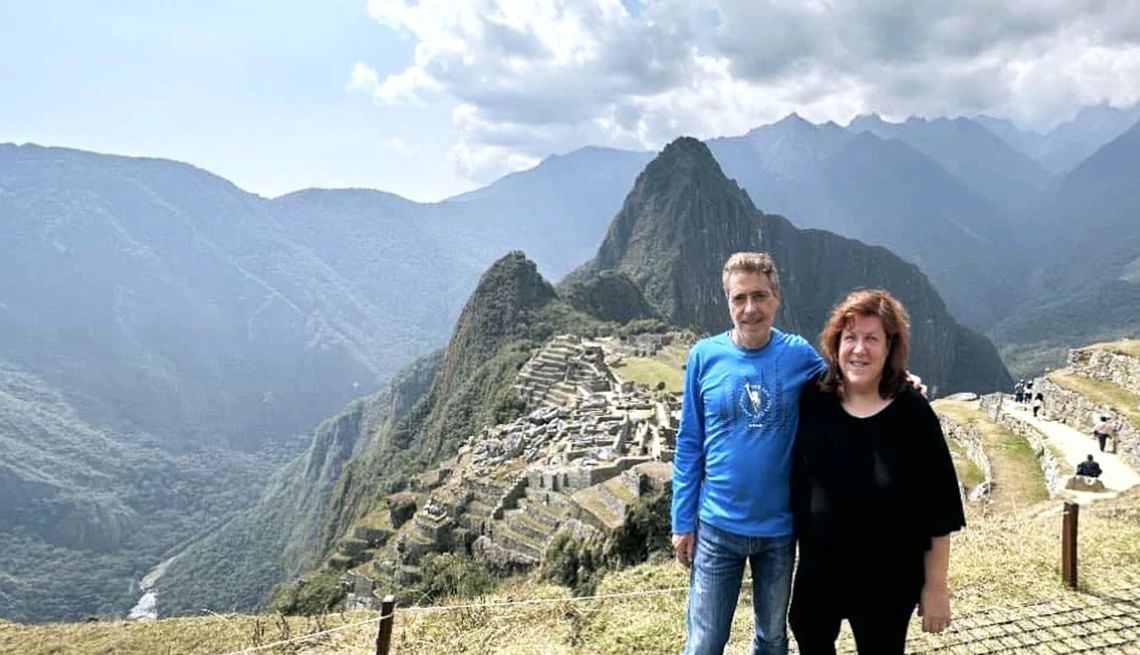AARP Hearing Center
When Linda Kuhlmann of Washington state visited Germany and Hungary last year, she found the Christmas markets so packed that she could barely move.


“They weren’t limiting the crowds,” says the 73-year-old, who has visited more than 70 countries, “but I almost wish they would have.”
That may change. While tourism-control measures — from Amsterdam to Zambia — aren’t new, they’re increasing as places become overrun by visitors.
More cities and countries are implementing tourist taxes, capping the number of visitors at popular sites, limiting cruise ship stops and even charging fines for bad behavior to help offset negative effects of so-called “overtourism,” enhance residents’ quality of life and protect cultural and historic landmarks.
Such measures, however, also raise the cost of travel for tourists and require planning further ahead with no guarantee they’ll be able to visit everything on their wish list. But some travelers also see the need.


Susan Black of Woodcliff Lake, New Jersey, thinks capacity controls in many places make sense to protect sites “as long as it’s not fleecing travelers.”
“If these places don’t have the infrastructure to handle the influx for popular sites, it puts too much pressure on local communities and travelers,” says Black, 66, who has visited more than 30 countries. “Who wants to wait in a five-hour line?”
Here are some new tourism measures for 2024 and beyond:
The Netherlands
In January, Amsterdam increased its tourism tax, the highest in Europe. The per-night tax, which went from 7 percent to 12.5 percent, applies to any overnight stay. The tax on a €175 ($189) room, for example, is €21.90 ($23.60). Cruise-ship passengers must pay €11 ($11.86) per person per day.
Iceland
In January, Iceland resumed charging an accommodation tax, which was suspended during the pandemic, and extended it to cruise ships. The tax, which aims to generate funds for sustainability efforts and protect its unspoiled scenery, ranges from about $2 per overnight stay to slightly over $7, depending on the lodging.






























































